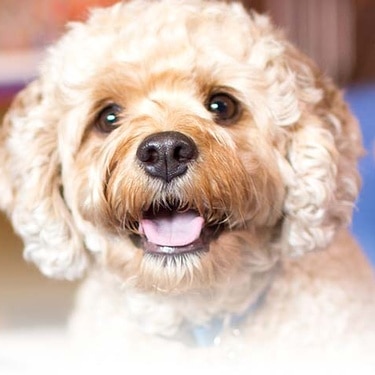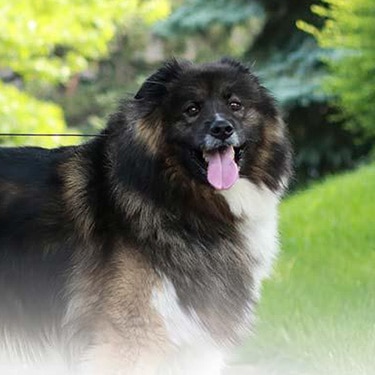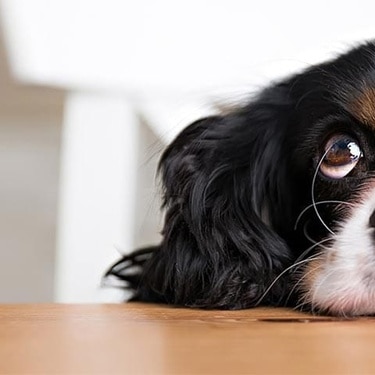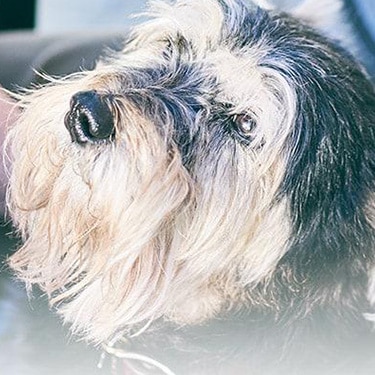
-
Find the right food for your petTake this quiz to see which food may be the best for your furry friend.Find the right food for your petTake this quiz to see which food may be the best for your furry friend.Health CategoryFeatured products
 Hill's Science Diet Adult Healthy Mobility Large Breed Chicken Meal, Barley & Brown Rice Recipe Dog Food
Hill's Science Diet Adult Healthy Mobility Large Breed Chicken Meal, Barley & Brown Rice Recipe Dog FoodAdvanced nutrition shown to support joint health and improve mobility
Shop Now Adult Light Large Breed Chicken Meal & Barley Recipe Dog Food
Adult Light Large Breed Chicken Meal & Barley Recipe Dog FoodFewer calories for less active large breed dogs
Shop Now Adult Large Breed Chicken & Barley Recipe Dog Food
Adult Large Breed Chicken & Barley Recipe Dog FoodSupports healthy joints, lean muscle, and beautiful coat for large breed dogs
Shop NowFeatured products Adult Perfect Digestion Chicken, Barley & Whole Oats Recipe Cat Food
Adult Perfect Digestion Chicken, Barley & Whole Oats Recipe Cat FoodHill's Science Diet's breakthrough nutrition supports ultimate digestive well-being & healthy microbiome
Shop Now Adult Sensitive Stomach & Skin Pouch Variety 12 Pack Cat Food, Chicken & Beef, Salmon & Tuna
Adult Sensitive Stomach & Skin Pouch Variety 12 Pack Cat Food, Chicken & Beef, Salmon & TunaCarefully made, gourmet daily nutrition. Tasty chunks with Salmon & Tuna in a decadent gravy. Supports digestive health, nourishes skin and promotes a lustrous fur.
Shop Now Adult Oral Care Chicken & Brown Rice Recipe Cat Food
Adult Oral Care Chicken & Brown Rice Recipe Cat FoodClinically proven kibble technology to reduce plaque & tartar build-up
Shop Now -
DogCat
- Cat Tips & Articles
-
Health Category
- Weight
- Skin & Food Sensitivities
- Urinary
- Digestive
- Kidney
- Dental
- Serious Illness
-
Life Stage
- Kitten Nutrition
- Adult Nutrition
Featured articles Adopting a Pet: What You Need to Know
Adopting a Pet: What You Need to KnowLearn the basics of adopting a pet, including where to begin and common questions you should ask yourself when deciding which kind of pet is best for you.
Read More Fun Ideas for Kids and Pets This Summer
Fun Ideas for Kids and Pets This SummerOutdoor summer activities with your dog or cat can be fun for kids, too. Learn how they also teach kids responsibility & creates a bond with their pet.
Read More Cat vs. Dog: Which Is the Best Pet for Me?
Cat vs. Dog: Which Is the Best Pet for Me?Learn about important differences between dogs and cats, such as cost & space considerations. These factors can help you decide which pet is best for you.
Read More -


How your puppy learns
Everyone wants a puppy that's well behaved, happy and sociable, but you'll only get from him what you give. That's why it's very important to start training early. Indeed, training will have probably started before you've collected him; your puppy may have been taught some basic obedience as well as toilet training. But now it's over to you.
Your puppy will learn very quickly, so it's important that he learns how to behave right away. It might be stating the obvious, but your puppy cannot learn without being taught, so from day one, you'll need to teach him how to behave.
There are hundreds of books on the subject and you'll find puppy-training courses available in most areas. Your vet will be able to advise you on what's best for your pet and may even run courses themselves. There are many different ways to approach training, but there are some golden rules everyone should follow:
Good boy: Dogs learn by association, so if your puppy does something good, reward him. Then the action is much more likely to be repeated. But the reward must be linked to the action, so he must be rewarded quickly, within a second or two. The reward itself can be food or praise, or both; it can even be a game.
Keep your teaching session short, say two minutes, but have five or six sessions a day. And train your puppy in different environments; in and out of the house and on walks, but make sure there are no distractions, to give your puppy his best chance of understanding your requests. See article on Clicker training.


Tasty Tips
Not so good boy: Your puppy needs to be taught what he can and can't do. Chewing, for example is part of his exploratory behaviour and he won't know what he can or cannot chew. You need to ignore such unwanted behaviour, but that doesn't mean you should shout at him or smack him or glare angrily at him. You should just pretend he's not there.
However, some types of behaviour may be too dangerous to ignore, such as chewing an electric cord. Again, shouting or smacking isn't the answer; you must interrupt with the word "No", get his attention and reward him when he stops and pays attention to you.
Just say NO
If there's one word you want your puppy to learn it's 'no'. If your puppy does something potentially dangerous or extremely destructive, you should interrupt the behaviour with a firm 'no'. There's no need to shout, just use a low, assertive tone. Once he stops the behaviour, reward him with lots of praise.


One of our staff authors prepared this article for you
Related products

Supports healthy joints, lean muscle, and beautiful coat for large breed dogs

Fewer calories for less active dogs

Advanced nutrition shown to support joint health and improve mobility

Fewer calories for less active large breed dogs
Related articles

Learn about choosing the right dog food to help ensure your mature older dog will receive the correct balance of nutrition.

A little exercise can make a big difference. Not only will it enhance your pet’s health, but it will beef up your relationship as well.

Learn how to stop your dog from begging at the dinner table, and understand how it can help contribute to his health.

Though it may seem like your four-legged friend loves nothing more than to nap on the couch, dogs need regular exercise to stay healthy just like people do.

Put your dog on a diet without them knowing
Our low calorie formula helps you control your dog's weight. It's packed with high-quality protein for building lean muscles, and made with purposeful ingredients for a flavorful, nutritious meal. Clinically proven antioxidants, Vitamin C+E, help promote a healthy immune system.
Put your dog on a diet without them knowing
Our low calorie formula helps you control your dog's weight. It's packed with high-quality protein for building lean muscles, and made with purposeful ingredients for a flavorful, nutritious meal. Clinically proven antioxidants, Vitamin C+E, help promote a healthy immune system.

